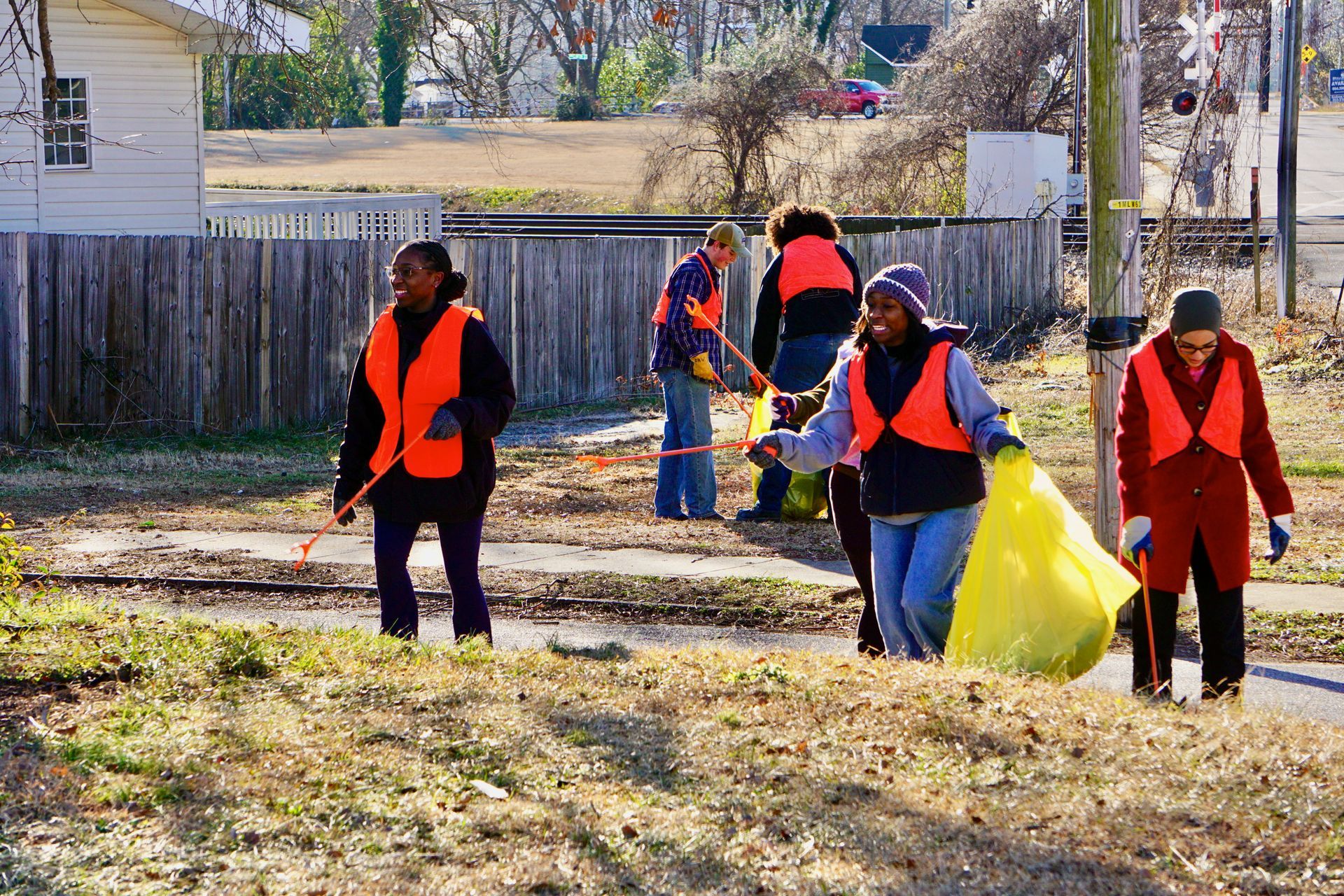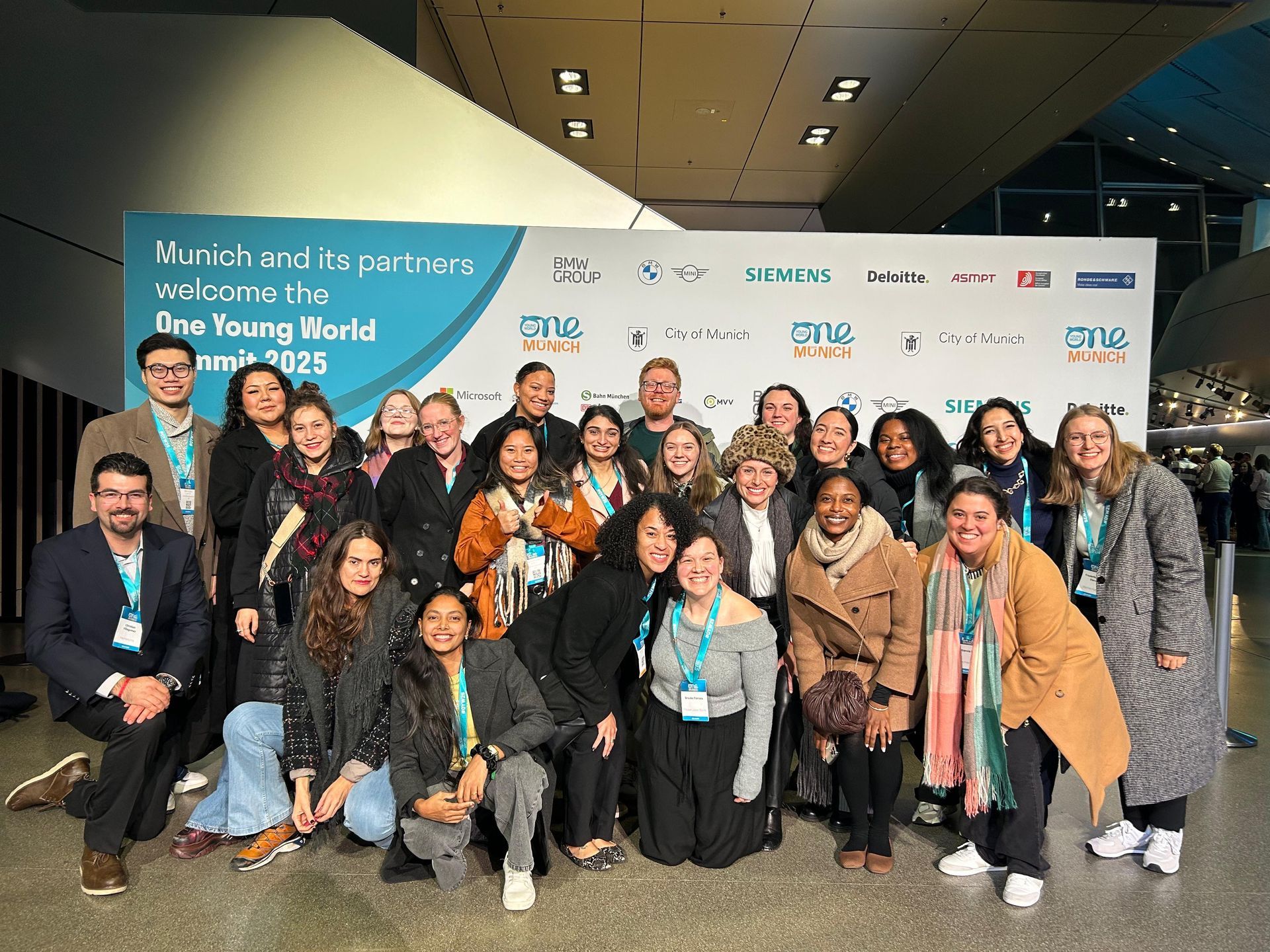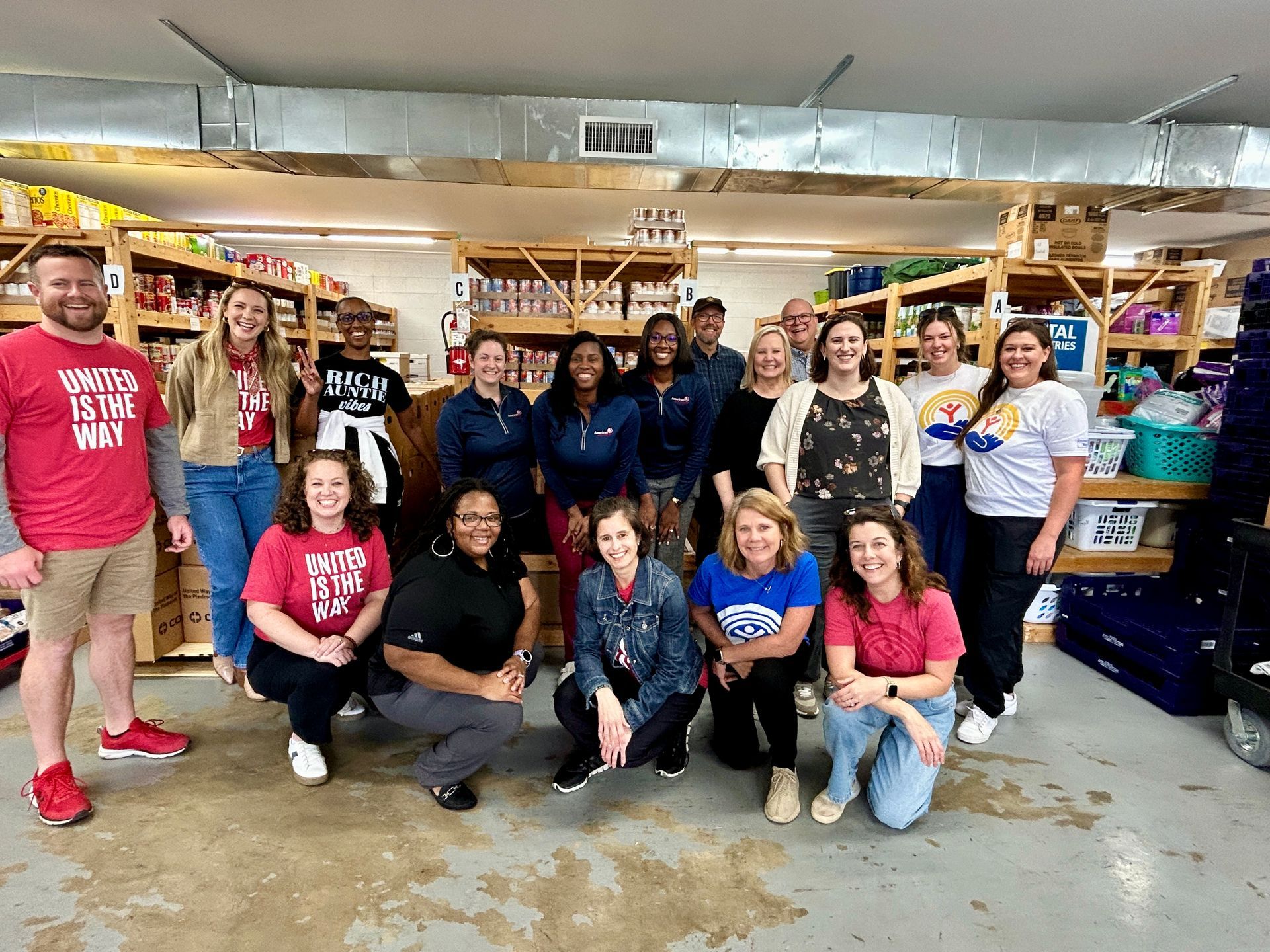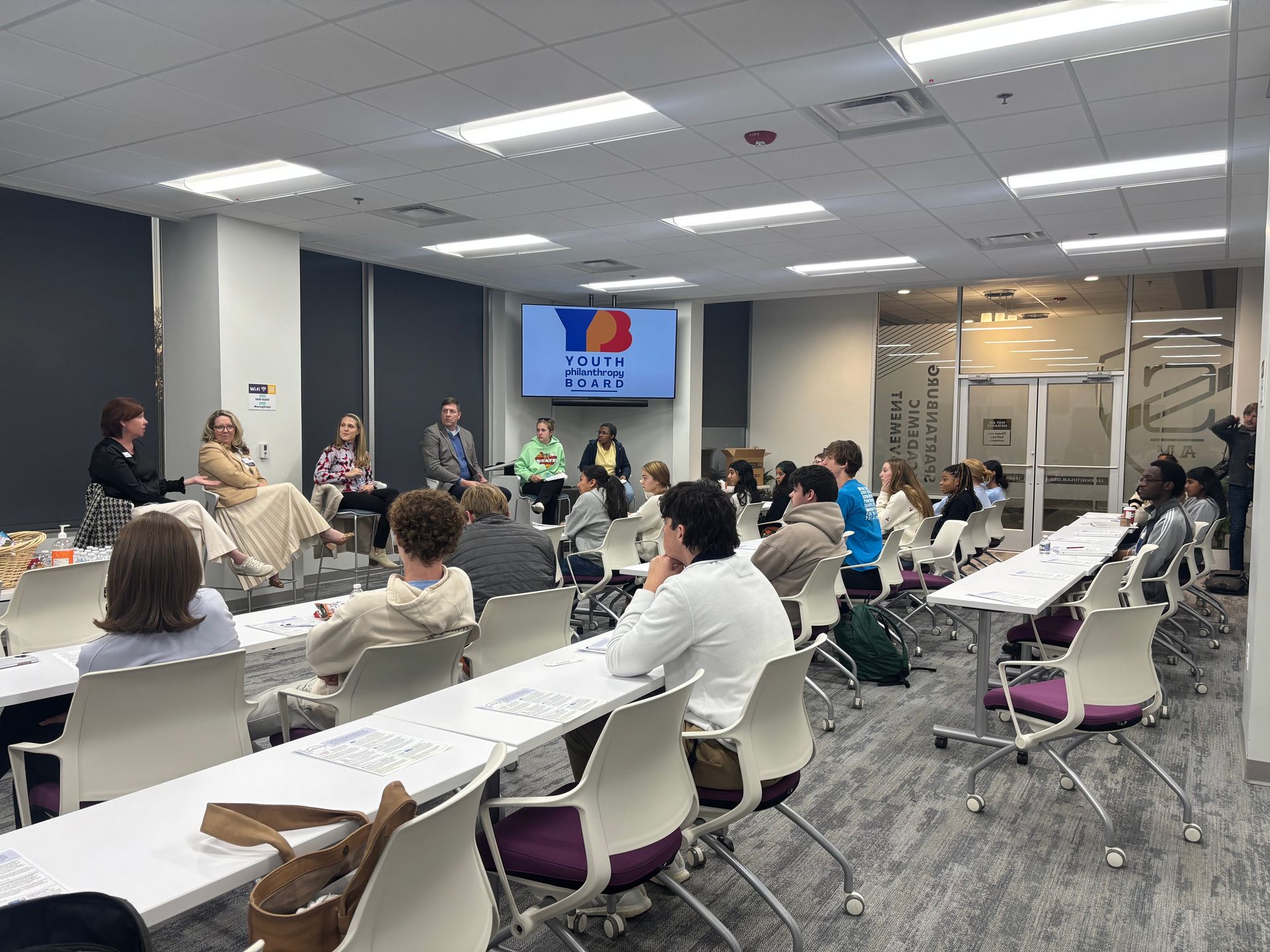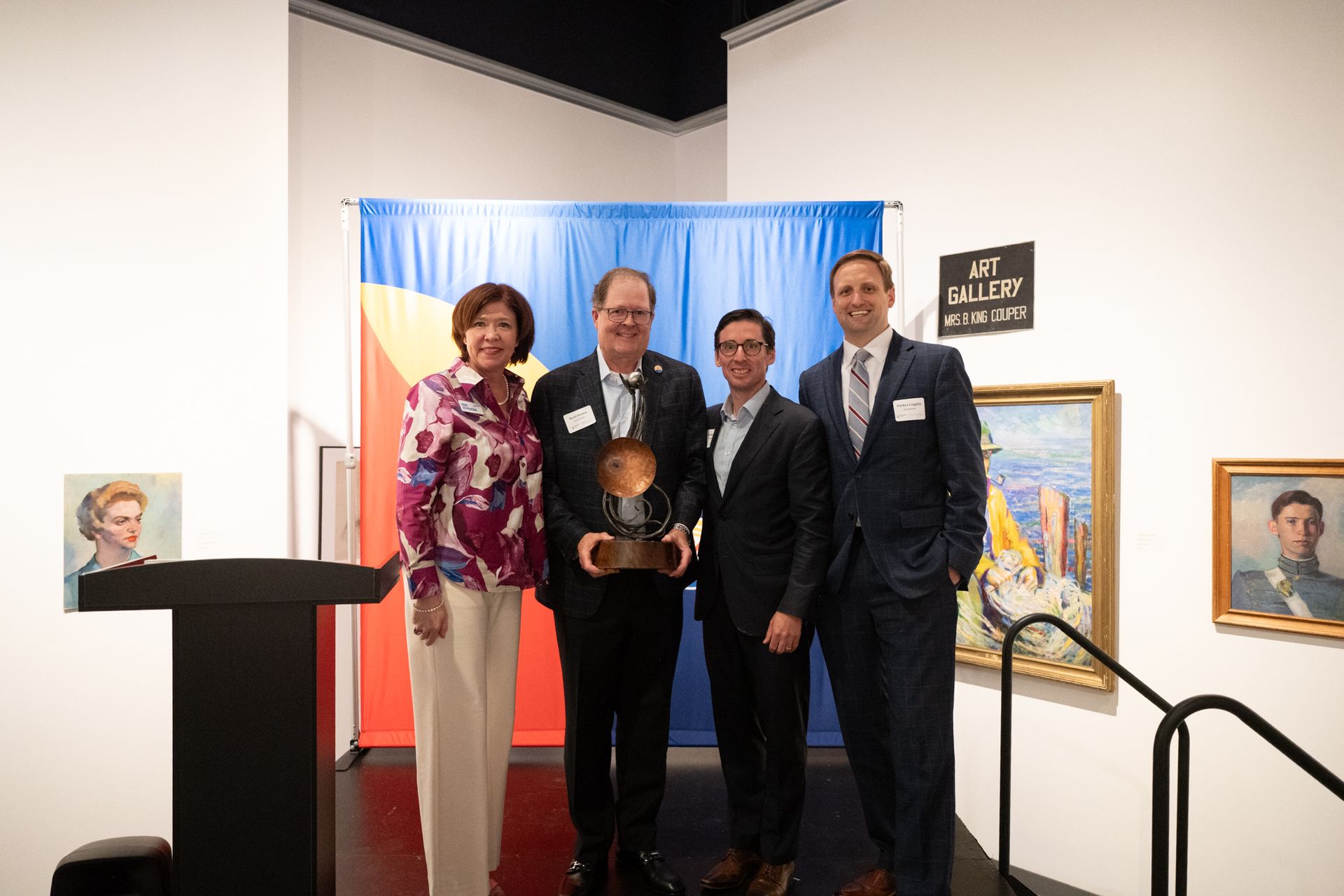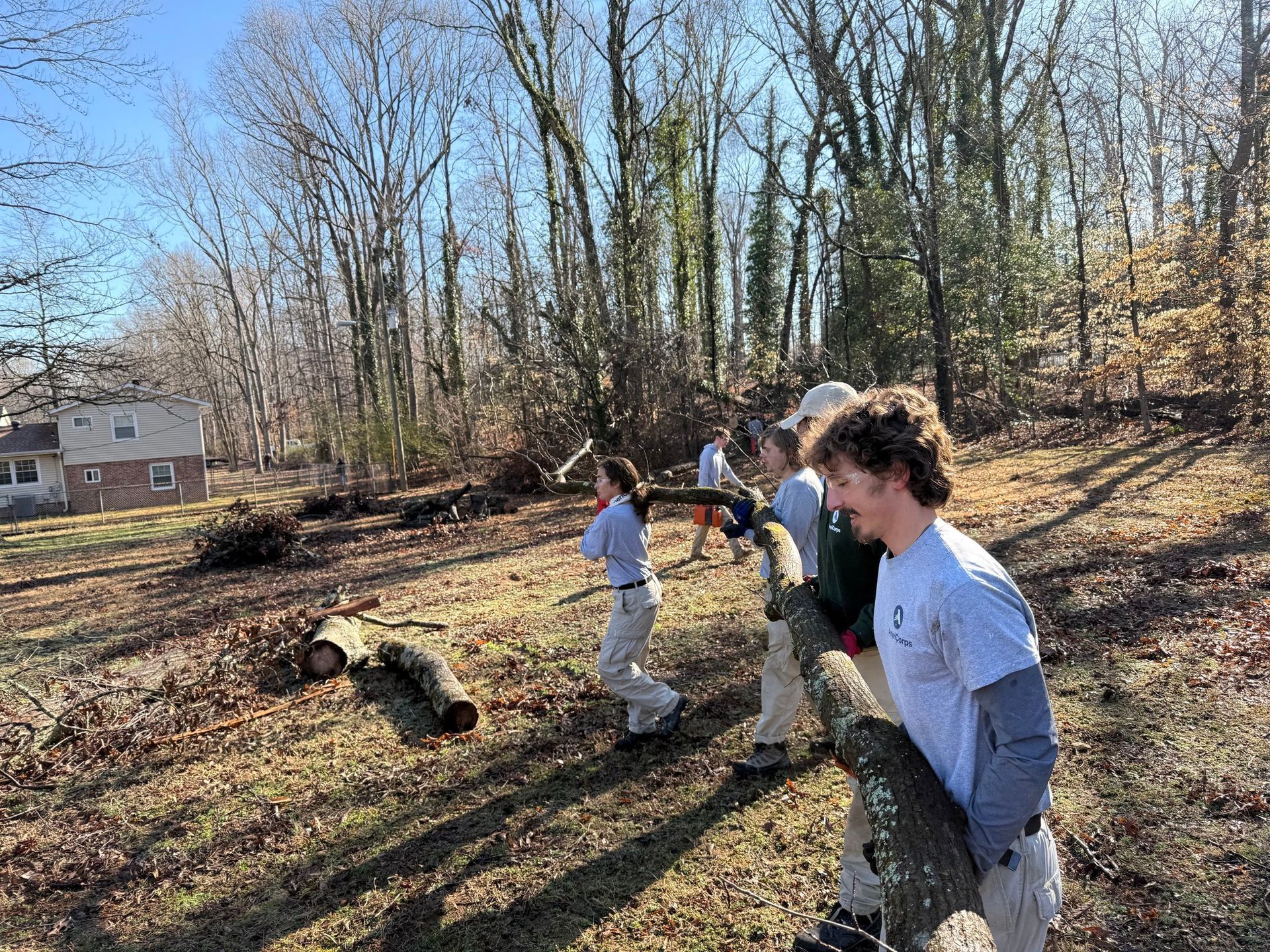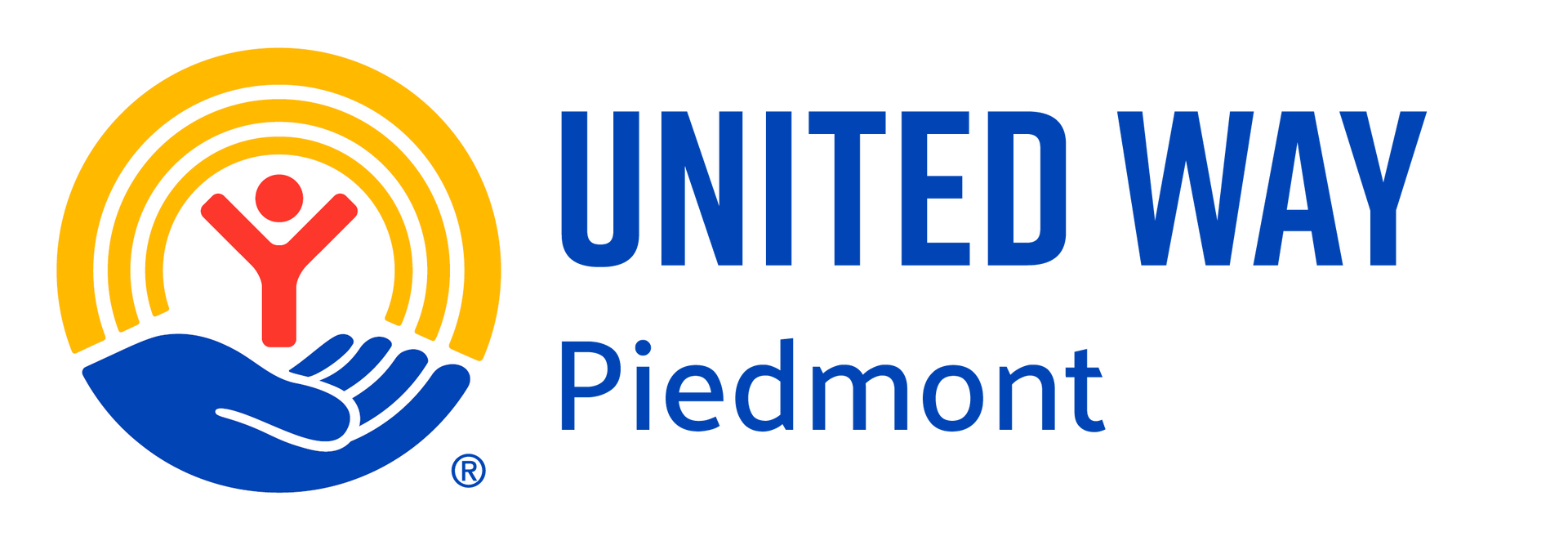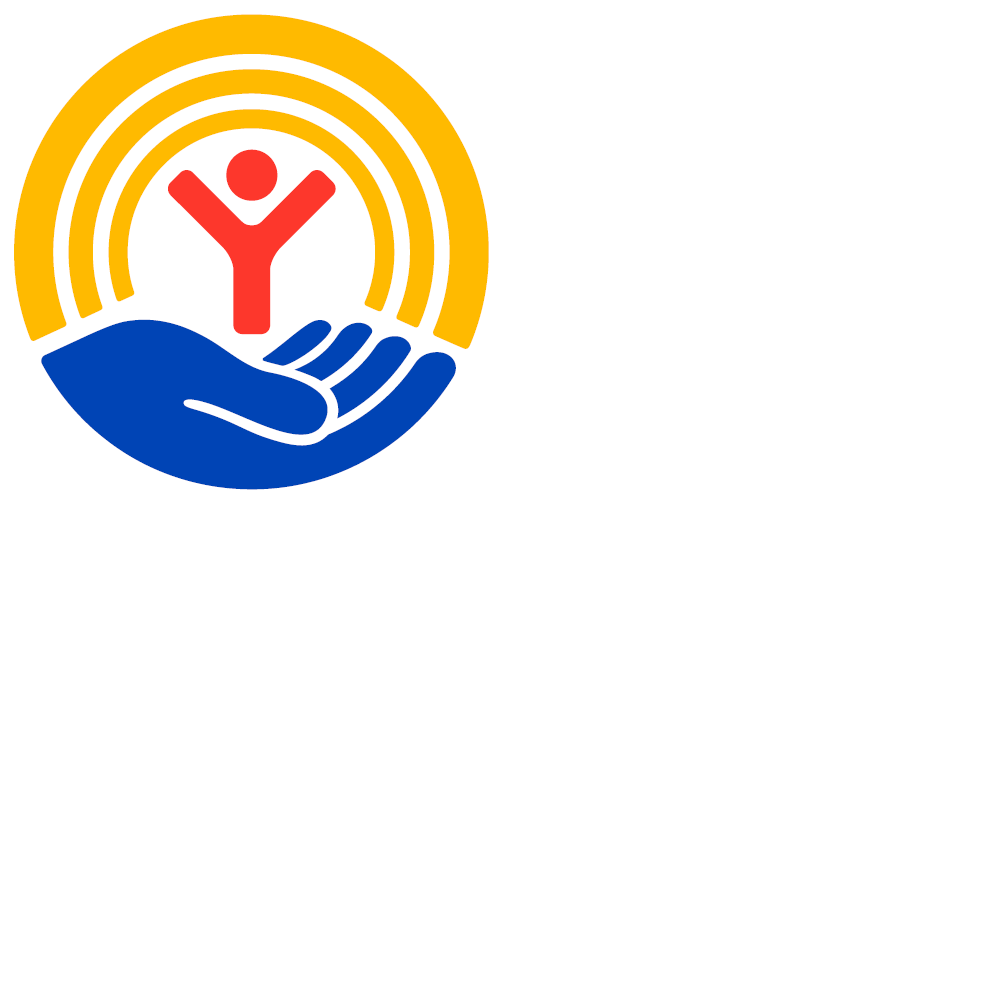SC Superintendent of Education Candidates Respond to Critical Education Policy Questions
Spartanburg, S.C. (November 1, 2022) – United Way of the Piedmont and Spartanburg Academic Movement crafted questions for the three candidates running for SC Superintendent of Education: Lisa Ellis (Democratic Party), Patricia Mickel (Green Party), and Ellen Weaver (Republican Party). The candidates were invited to respond in 150 words or less. We have responses below, in full, from Lisa Ellis and Ellen Weaver listed in alphabetical order by last name. Patricia Mickel did not submit a response.
United Way of the Piedmont and Spartanburg Academic Movement are non-partisan, 501(c)(3) organizations that do not endorse or oppose any candidates running for elected office.
The second week of early voting in Spartanburg County is open and operates from 8:30 a.m. until 6 p.m. through Saturday, November 5, 2022. The general election takes place on Tuesday, November 8, 2022. Learn more about your county's voting information: Spartanburg County, Cherokee County, and Union County. We encourage you to confirm your voter registration, polling location, and sample ballot at scvotes.gov.
Q&A
Question 1
For our students and families who may not be familiar with the role of State Superintendent of Education, can you summarize what the role will entail and how you plan to improve education for all students?
Candidate Responses
Ellis: The role of the Superintendent of Education is to oversee all the public schools in South Carolina and to make sure that they are providing a quality education for students. The Superintendent oversees the budget and policies and implements those policies into school districts to be carried out. Every student deserves a high-quality education, not just a “minimally adequate education.” This starts with the recruitment and retention of high-quality teachers. Until we get highly qualified teachers in every single classroom the other issues are secondary.
Weaver: The State Superintendent of Education is an executive leadership role responsible for directly managing a multi-billion-dollar state agency and over 1,000 staff. The key duties of the job include serving as the secretary/administrative officer for the State Board of Education and administering policies and procedures adopted by the Board, overseeing public school funds, running the State Department of Education, communicating with the public about the needs of public schools, certification and professional development for teachers, and many other responsibilities delegated by law or the State Board. As State Superintendent of Education, I will serve as the “quarterback” in Columbia, visiting regularly with students, teachers, parents, and community leaders across the state and putting my strong relationships, leadership, and management skills to work every day to turn their feedback into action and advance the ball for education in our state!
Question 2
We know that most of a child’s brain development happens by age 5, what is your vision for preparing kindergarteners for success in reading and learning?
Candidate Responses
Ellis: I believe in universal pre-K where our children have access to high-quality pre-K and kindergarten programs that are licensed and fully funded. I also believe that learning should be developmentally appropriate for that age, where students are focused on exploration through play and exposure to different opportunities. This will help students to be more prepared as they move through their elementary education. When students can begin learning and exploring with other children at a young age it bodes well for their success later in their educational careers.
Weaver: Reading is the foundational skill of all other learning. Despite making important progress in expanding early childhood education, South Carolina students have struggled to maintain early learning gains over time. Sustaining our early childhood investment requires the same laser-focus in K-3rd literacy that we have seen move the needle in Florida, Mississippi, and other states. This means early identification and intervention for students with reading challenges, as well as a universal emphasis on phonics and knowledge-building, the proven science of reading.
Question 3
Even with in-person learning, our students need access to the internet to complete homework, access learning resources, and connect to opportunities. What role does access to broadband play in education and how can we prepare our students for success in the digital world?
Candidate Responses
Ellis: Access to broadband is a state-wide infrastructure issue, however, the Superintendent of Education can play a role in pushing it as a priority for all areas of South Carolina. This will help so that when students must deal with inclement weather or other issues that prevent the school building from being open, they are not losing their access to learning. We know that there is a gap between rural and urban schools when it comes to access to broadband and educational opportunities. Ensuring that all students have internet access regardless of their zip code is the best way to begin bridging this gap.
Weaver: With enormous recent federal and state investments, and the great work of SC Broadband Office under the direction of Jim Stritzinger, South Carolina is making tremendous strides towards closing the digital divide in every corner of our state. As Superintendent, I will collaborate closely with Director Stritzinger, Governor McMaster, and the General Assembly to ensure we completely close our broadband access gap. While technology plays a vital role in a 21st century education, we must not pretend that technology is a silver bullet to all our education challenges, nor can we ignore the dangers of technology addiction, online predators, and cyberbullying. South Carolina students deserve a safe, balanced approach that harnesses the power of technology while not losing a focus on the vital importance of highly-qualified teachers and the need to develop important skills such as interpersonal communication, refining motor skills developed by things like cursive writing, and more.
Question 4
Mental health is a pressing concern for students, parents, and teachers alike. What will you do as Superintendent to improve access to school-based mental health services?
Candidate Responses
Ellis: Mental health is an incredibly important issue for our children and should be addressed in schools. However, with the underfunding of schools most districts and schools are not able to fully fund those programs and personnel. While a lack of mental health programs and staff is an issue throughout the state, schools in rural or low-income areas are especially impacted by this matter. As Superintendent, I will work with the General Assembly to push for total funding of public schools and push those mental health services into the schools and classrooms for our students.
Weaver: A recent audit requested by Governor McMaster found that mental health services are currently available to fewer than half of public schools, with a ratio of one counselor to approximately 1,300 students. As Superintendent, I will work with Governor McMaster, Department of Health and Human Services Director Kerr, and the General Assembly to address barriers to access (such as existing pay disparities identified by the audit) in order to close this gap. We must support and expand access for students and teachers by harnessing the services of DHHS, private, and telehealth counselors. I want to also stress that we must create meaningful resources to engage, equip, and partner with parents to support their children’s mental health needs: the school can never replace the family in this critical arena.
Question 5
What policies and programs in the K-12 setting can best prepare students for college and career readiness and future success?
Candidate Responses
Ellis: A highly qualified teacher is the best resource for preparing students for college and career readiness. When you have a highly qualified teacher in the classroom, they are able to understand the needs of their students and utilize multiple different programs to reach their students and help meet those needs. These teachers facilitate college and career readiness by providing options and opportunities for students to explore the different avenues available to them at the end of their high school careers. Giving students age-appropriate work-study opportunities and internships can be just as important in helping a student figure out what they don’t want to do in life as it is in helping them figure out what they do want to do in life. Both scenarios give students the chance to make more informed decisions as to their post-high school path.
Weaver: College and career readiness always begins with a laser focus on the fundamentals: literacy and math. From there, expanding access to AP and other advanced offerings to students in every community in our state by expanding VirtualSC into a full Online Course Access program like we see working in many states is one exciting way to increase college readiness. Apprenticeship Carolina, readySC, and other CTE initiatives such as the Anderson Institute of Technology have also distinguished South Carolina as a national leader in providing students with opportunities to engage in hands on application of learning: we must support and expand these opportunities, especially in our rural communities. From partnering with industry leaders to creating in-school
opportunities, we must elevate, celebrate, and expand multiple educational pathways—whether that means college, career, or the military—in order to equip every student to pursue their individual talents and goals with excellence.
Question 6
From your perspective, what are the biggest daily challenges facing teachers in public education?
Candidate Responses
Ellis: The biggest daily challenges facing teachers in public education include underfunding, low teacher salary, tough working conditions, and having to be mental health outlets for both children and adults. What many people don’t realize is that the second a teacher walks through the door at the beginning of the day until they leave the building at the end of the day they are performing. That can take both a physical and mental toll on the teacher’s wellbeing. And when they are not given supportive working conditions and a salary that allows them to rest and recuperate that really makes it a challenge to do the job effectively.
Weaver: In my many listening sessions with educators throughout the years (including teachers, paraprofessionals, and other school staff) several key themes have emerged: laborious red tape and paperwork that eat into planning time and distract from teaching students; an avalanche of changing standards and technology trends; the feeling of lack of support in matters of discipline in the classroom; the desire for meaningful, high-quality professional development (not just box checking that wastes time); and the need for more parents to be engaged in their child’s learning journey. We all know salary matters, but working conditions are just as important. As Superintendent, I will fight to immediately cut red tape, review discipline policies to give teachers a safe place to share what is happening in their classrooms, as well as simplify and prioritize our standards. I will also work with teachers and principals to identify top professional development needs and high-quality resources.
Question 7
Childhood poverty is a reality for many families in South Carolina and the stressors of living in poverty can adversely impact learning outcomes. How would you advise the South Carolina Department of Education to meet the needs children experiencing poverty while at school?
Candidate Responses
Ellis: I believe that the Department of Education is already meeting the needs at a minimal level. But without proper funding we are not able to meet the needs of these students to the extent that we could. I will push for the General Assembly to better fund programs that assist students experiencing poverty. I believe we also need to look at what is developmentally appropriate for students at different ages and how we can best support all the issues that come with students experiencing poverty, not just issues that are academic in nature.
Weaver: In addition to effectively managing the many state and federal programs already in place to support the mental and physical needs of children living in poverty, we must build on existing partnerships such as First 5 South Carolina to break down educational silos and increase collaboration across agencies and age groups. But schools and teachers can’t do this work alone, so as Superintendent, I will work hard to forge new and deeper partnerships between schools and our local businesses, faith communities and non-profits, such as SAM and the United Way. We must harness the time and talents of concerned citizens across this state to create an army of mentors and tutors who go into schools to support our teachers and provide real-world role models for our students!
Find out more about these candidates and this election at scvotes.gov.
About United Way of the Piedmont
United Way of the Piedmont is a local nonprofit that fights for the education, economic mobility, and health of every member of our community. Our mission is to connect, engage, and inspire people to transform our community. We are more than fundraisers. We forge unique partnerships, find new solutions to old problems, and mobilize the best resources by inspiring others to join the fight. We believe that everyone deserves the opportunity to not just survive, but to thrive. Learn more at www.uwpiedmont.org.
About Spartanburg Academic Movement
Spartanburg Academic Movement (SAM) is a nonprofit organization and a community movement adopted in 2013 as an all-in partnership of education, business, government, foundation, community and faith leaders across Spartanburg county, all working together in pursuit of high levels of academic success for ALL of our children. Learn more at www.learnwithsam.org.

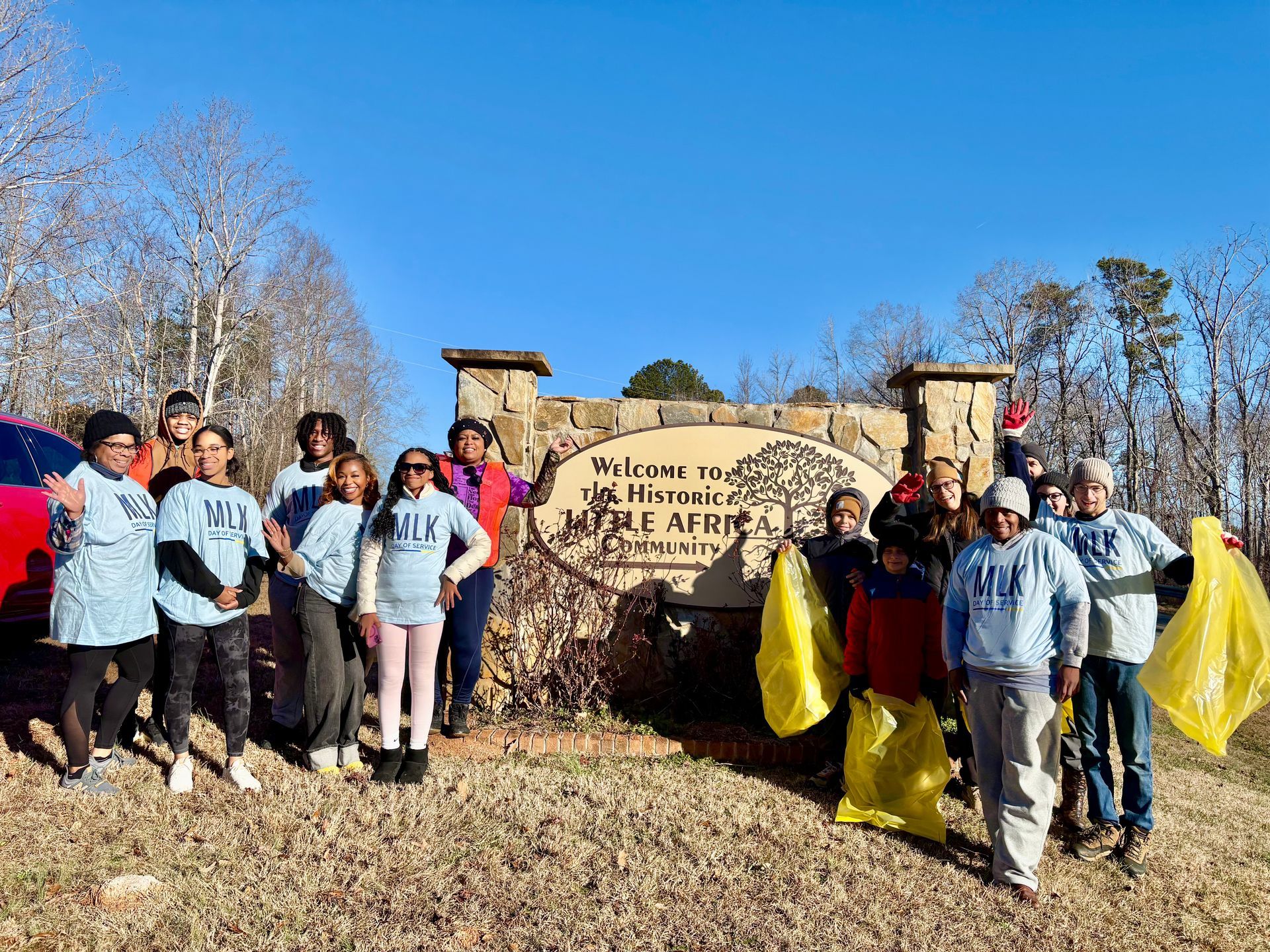
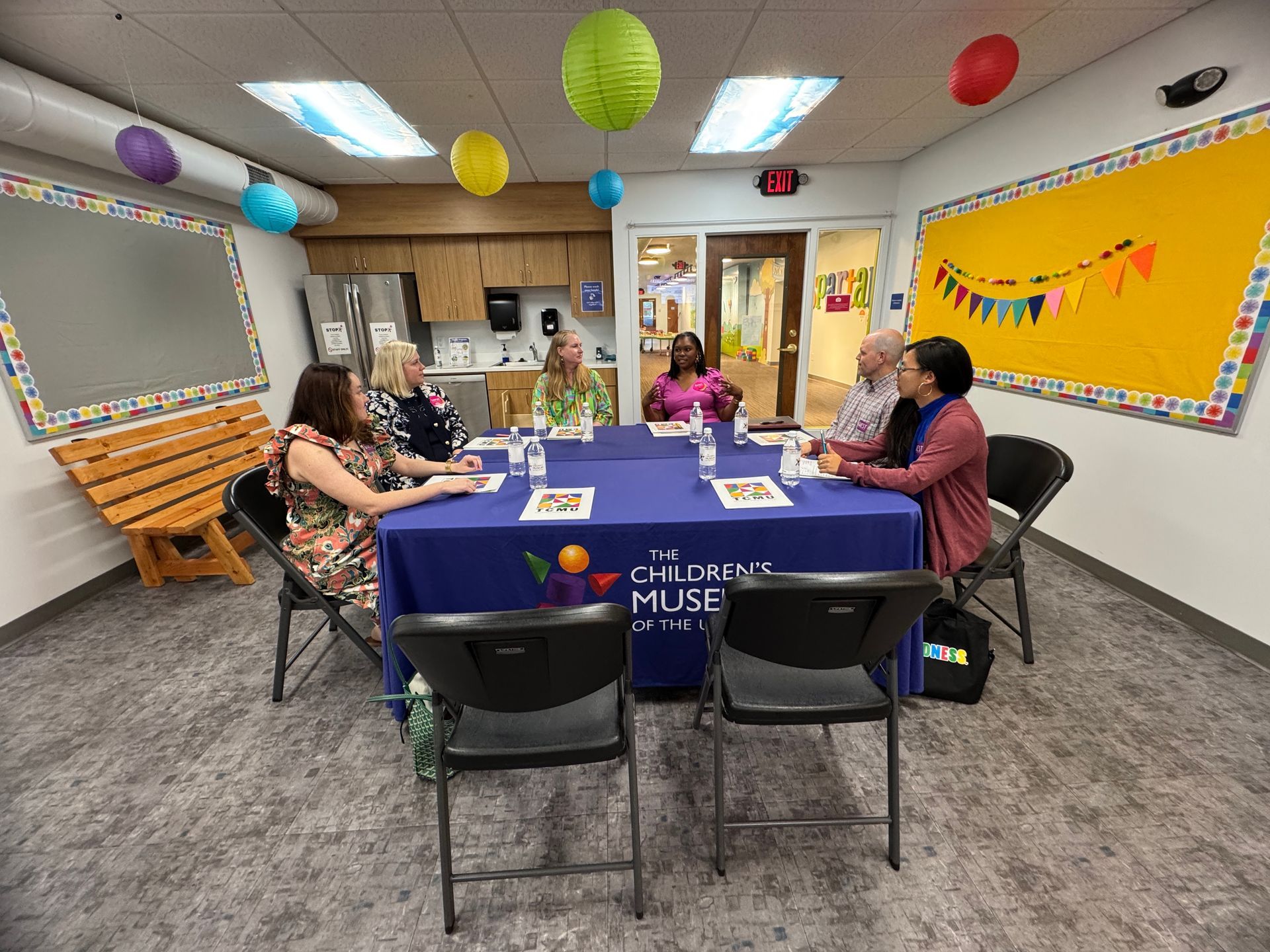
United Way of the Piedmont Announces $1.14 Million Annual Investment in Local Programs for 2026–2028
